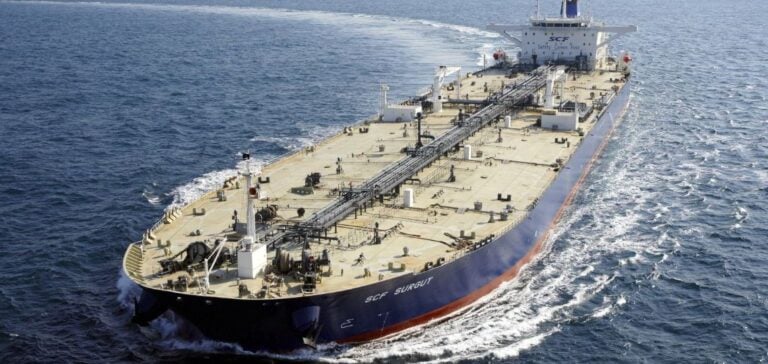In October, G7-linked crude tankers accounted for 24.8% of Russia’s seaborne crude exports, a significant increase from the September low of 16.2%. This rebound occurred as the price of Urals, Russia’s main crude export grade, frequently hovered around the $60/barrel cap imposed by Western allies.
The measure, enacted in December 2022, aims to curb Russian oil revenues while maintaining global supply flows. These restrictions prohibit Western maritime and insurance companies from engaging in transporting crude sold above the cap. However, declining crude prices, coupled with legal trades under the cap, appear to have created openings for Western operators, particularly in Greece, Europe’s leading ship-owning nation.
A Changing Market
According to S&P Global Commodities at Sea, volumes loaded by Greek tankers rose from 8.7 million barrels in September to 9.4 million in October. Although still far from the peaks earlier this year, this increase shows that some companies operating under Western insurance are finding lawful opportunities in Russian trade.
Simultaneously, non-G7 operators, including those from China, Turkey, and the United Arab Emirates, are also playing an increasingly prominent role. Chinese operators, for example, significantly boosted their loadings from 9.8 million barrels in September to 15.8 million barrels in October, primarily to supply the Yulong Petrochemical refinery, with a capacity of 400,000 barrels per day, in China.
Challenges in the Oil Market
Recent OPEC+ decisions, including extending voluntary production cuts until the end of the year, have added further complexity to shipping markets. Aframax charter rates on the Black Sea-Mediterranean route are hovering between $37,500 and $39,000 per day, a level historically strong but close to this year’s lows.
Pressure also increases with the rise of a “shadow fleet” operating outside Western regulations. These aging vessels, often poorly maintained, pose significant environmental risks, particularly in strategic passage zones like the Danish Straits and the English Channel.
Regulatory Measures in Focus
The G7 governments and their allies continue to warn against the risks posed by these shadow vessels. They urge the industry to strengthen maritime insurance controls and prevent sanctioned entities from maintaining operations. The KSE Institute of Kyiv School of Economics recently emphasized that these aging vessels are a threat to European ecosystems, calling for revised oil spill insurance requirements.
With approximately three such vessels crossing European waters daily, environmental incidents are no longer a matter of “if” but “when,” according to the institute.





















